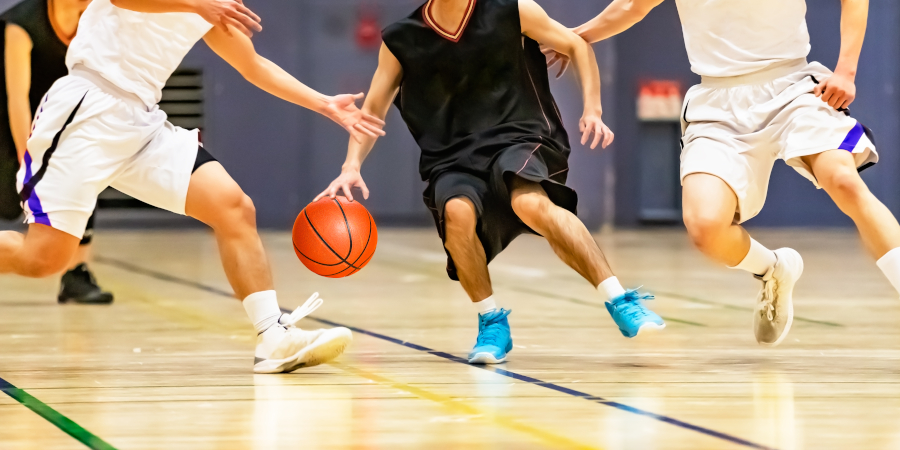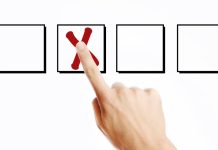NCAA Division III presidents and chancellors, athletics directors, conference commissioners and national Student-Athlete Advisory Committee members have shared their opinions on potential legislative concepts surrounding name, image and likeness through an online survey conducted by the association last month.
The division’s governance structure administered the survey to seek feedback from members who are tasked with passing legislation that would allow greater flexibility for student-athletes to use their names, images and likenesses to promote their own business activities and endorse third-party products or services.
“Division III members are shaping how best to modernize rules to benefit student-athletes while also staying true to the principles of college sports as a part of higher education,” Dan Dutcher, NCAA vice president of Division III, said. “It is important for the governance structure leadership to continuously engage with the membership, which will make the final decision on how best to move forward at the 2021 Convention.”
In April, the Board of Governors supported rule changes to allow student-athletes to receive compensation for third-party endorsements both related to and separate from athletics. It also supported compensation for other student-athlete opportunities, such as social media, businesses they have started and personal appearances within the guiding principles originally outlined by the board in October.
The goal is to have new name, image and likeness legislation adopted at the 2021 NCAA Convention and then implemented before the 2021-22 academic year.
The survey had 384 respondents, with 63% of them being athletics directors. Presidents and chancellors made up 19% of the sample. Forty of the 44 Division III commissioners responded to the survey, as well as 27 of 44 SAAC representatives.
According to the NCAA, 70% or more of survey respondents agreed student-athletes should be able to use their status as athletes to promote and monetize products and services in the areas of private lessons (89%), camps or clinics (79%), social media platforms (70%), creative endeavors (92%) and their own businesses (88%).
Payment for student-athlete autographs received support from 38% of respondents, while approximately 18% said they were undecided.
Two-thirds or more of survey respondents agreed that student-athletes should be able to use their status as athletes to be paid for appearances (66%); promote commercial products through social media platforms (71%); model or promote noninstitutional athletic apparel or equipment (75%); promote third-party products or services through traditional commercials (71%); and provide testimonials for a product or service (74%).
Crucially, 90% of the sample indicated there should be legislation to prohibit student-athletes from using their status as athletes to promote products and services such as sports betting, alcohol or tobacco.














